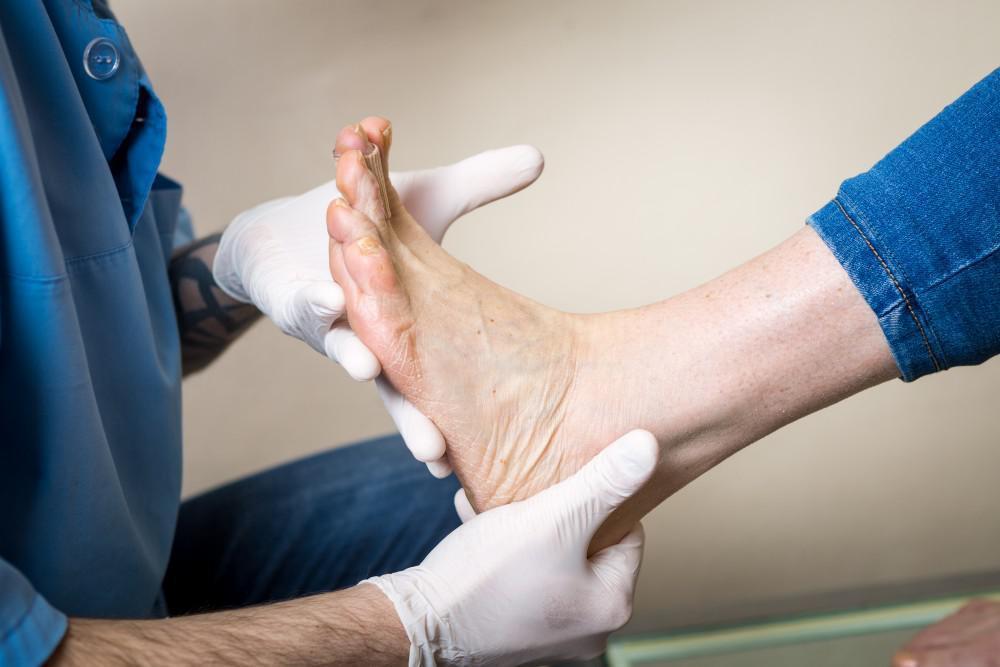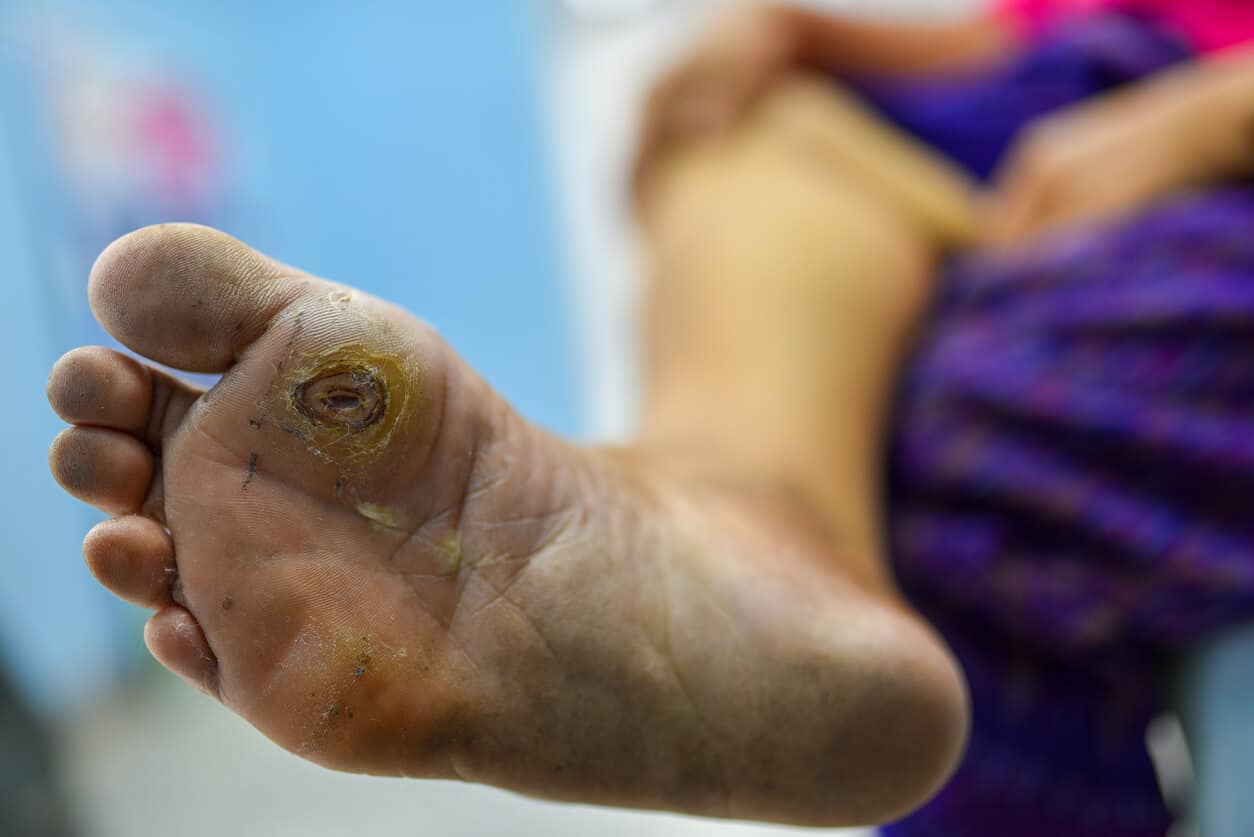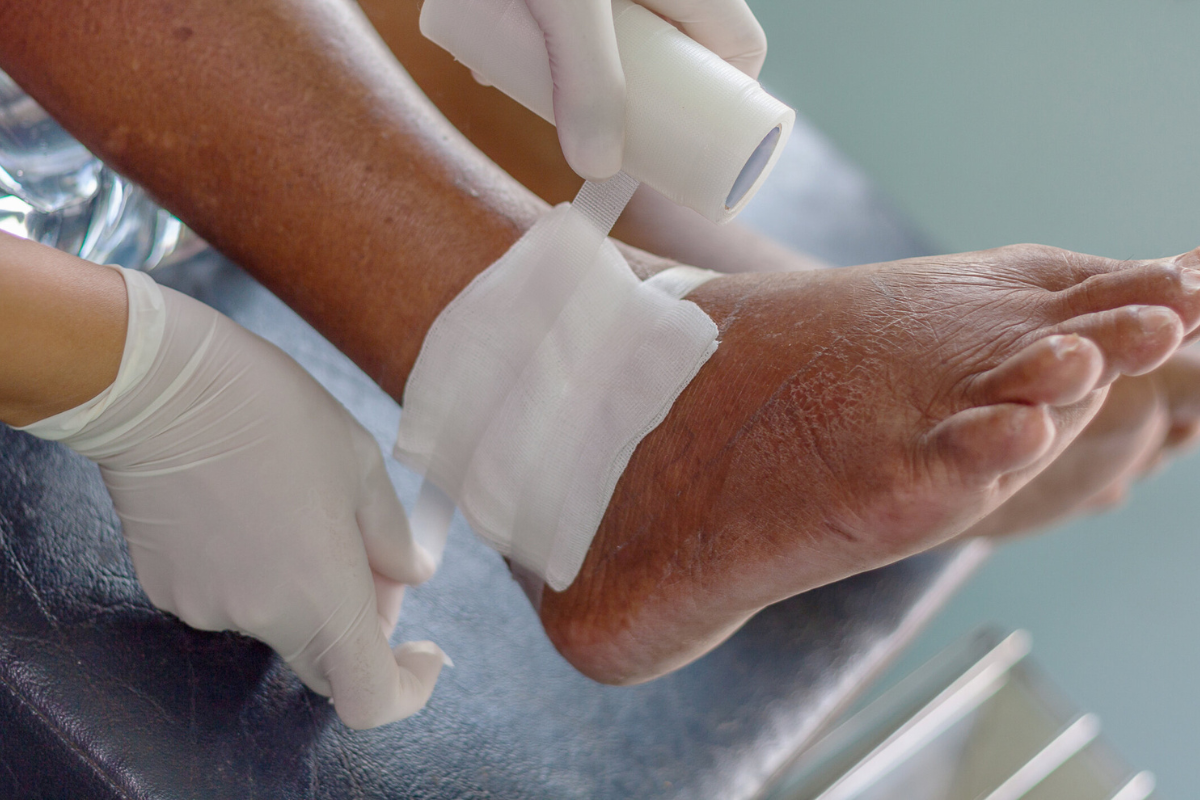Rosacea, a chronic skin condition characterized by facial redness, flushing, and visible blood vessels, can significantly impact an individual’s quality of life. Managing rosacea often involves addressing underlying factors, and one promising avenue is the therapeutic use of green tea. In this blog post, we delve into the connection between green tea and capillary health, exploring the potential benefits that green tea may offer to those seeking relief from rosacea symptoms.
Understanding Rosacea and Capillary Health
Rosacea, a common skin disorder affecting millions worldwide, manifests as persistent redness, bumps, and visible blood vessels on the face. Capillary health plays a crucial role in rosacea symptoms, with dilated blood vessels contributing to the characteristic redness associated with the condition.
Green Tea: An Overview
Green tea, derived from the Camellia sinensis plant, has been a staple in traditional medicine for centuries. Its rich composition of polyphenols, catechins, and antioxidants makes it a compelling candidate for addressing various health concerns, including those related to skin conditions like rosacea.
Antioxidant Properties of Green Tea
At the heart of green tea’s therapeutic potential lies its robust antioxidant content. Antioxidants neutralize oxidative stress, a key contributor to skin inflammation and capillary dilation in rosacea. Specific antioxidants in green tea, such as epigallocatechin gallate (EGCG), have been studied for their anti-inflammatory properties.
Effects of Green Tea on Capillary Health
Research suggests that the consumption of green tea or the application of green tea extracts may have a positive impact on capillary health. Studies have shown a reduction in redness and inflammation associated with rosacea, pointing to the potential of green tea as a natural remedy.
Incorporating Green Tea into Your Routine
Adding green tea to your skincare routine can be approached in various ways. Topical applications, such as green tea-infused creams or serums, may offer targeted benefits. Alternatively, consuming green tea regularly, either as a beverage or through supplements, provides an internal boost of antioxidants that may positively affect capillary health.
Takeaway
The quest for effective rosacea management, exploring natural remedies like green tea is both promising and empowering. While individual responses may vary, the wealth of positive testimonials and scientific studies suggests that green tea could be a valuable addition to your skincare arsenal. Consult with a healthcare professional to tailor an approach that suits your specific needs, and embark on a journey towards healthier, calmer skin.
Cosmos Clinic‘s dedication to addressing capillary issues associated with rosacea positions them as the foremost choice for individuals seeking transformative and lasting results.












